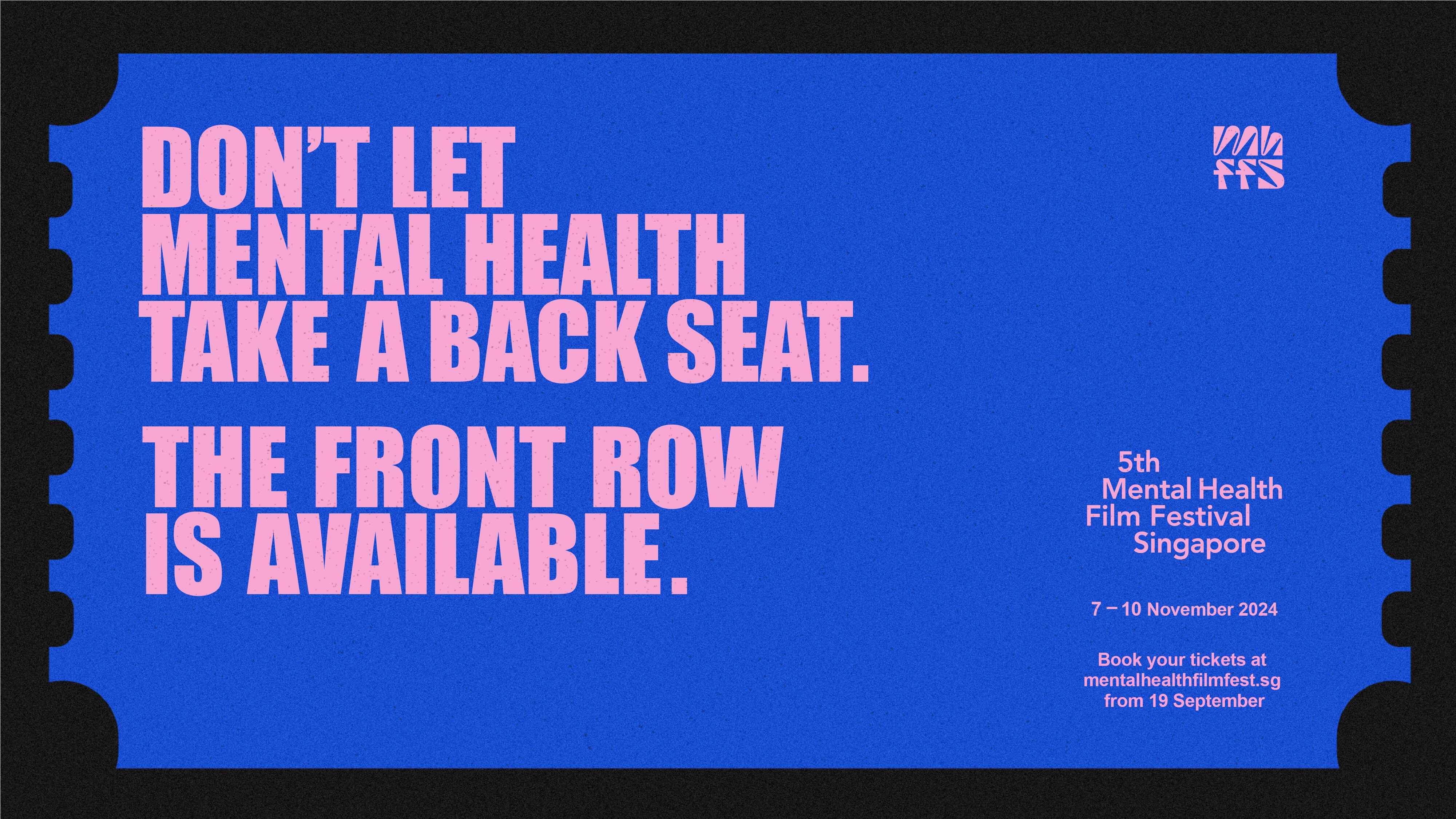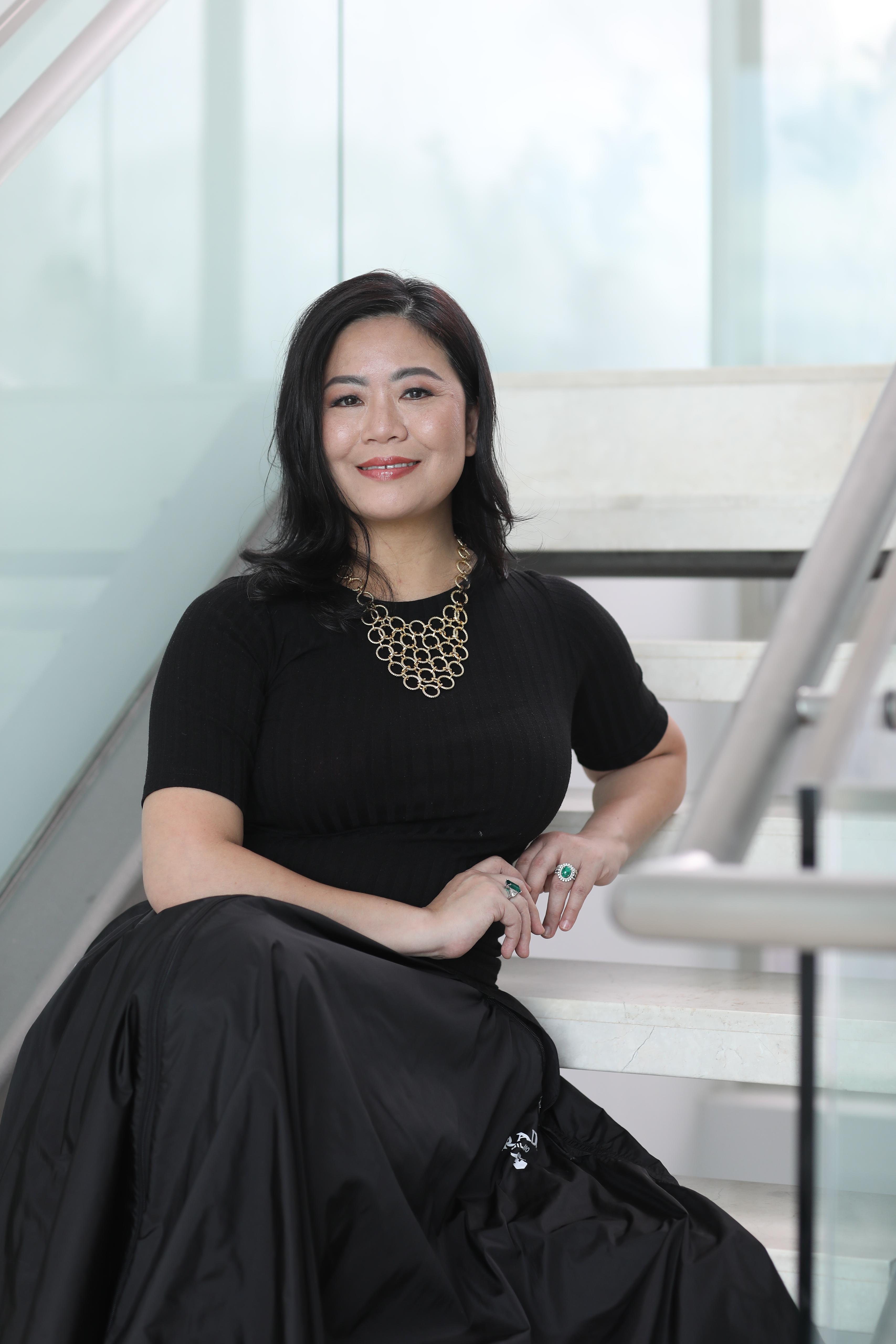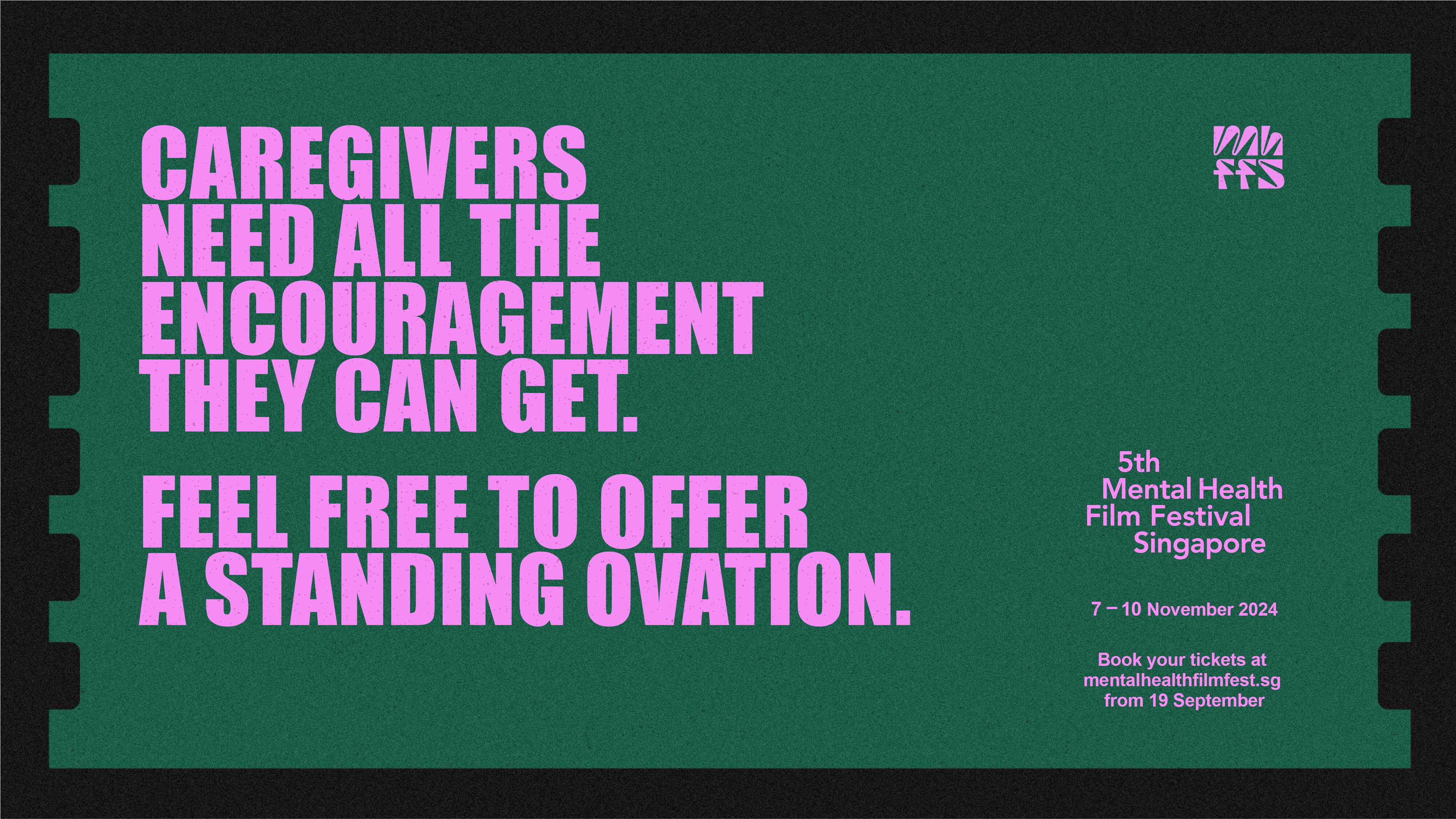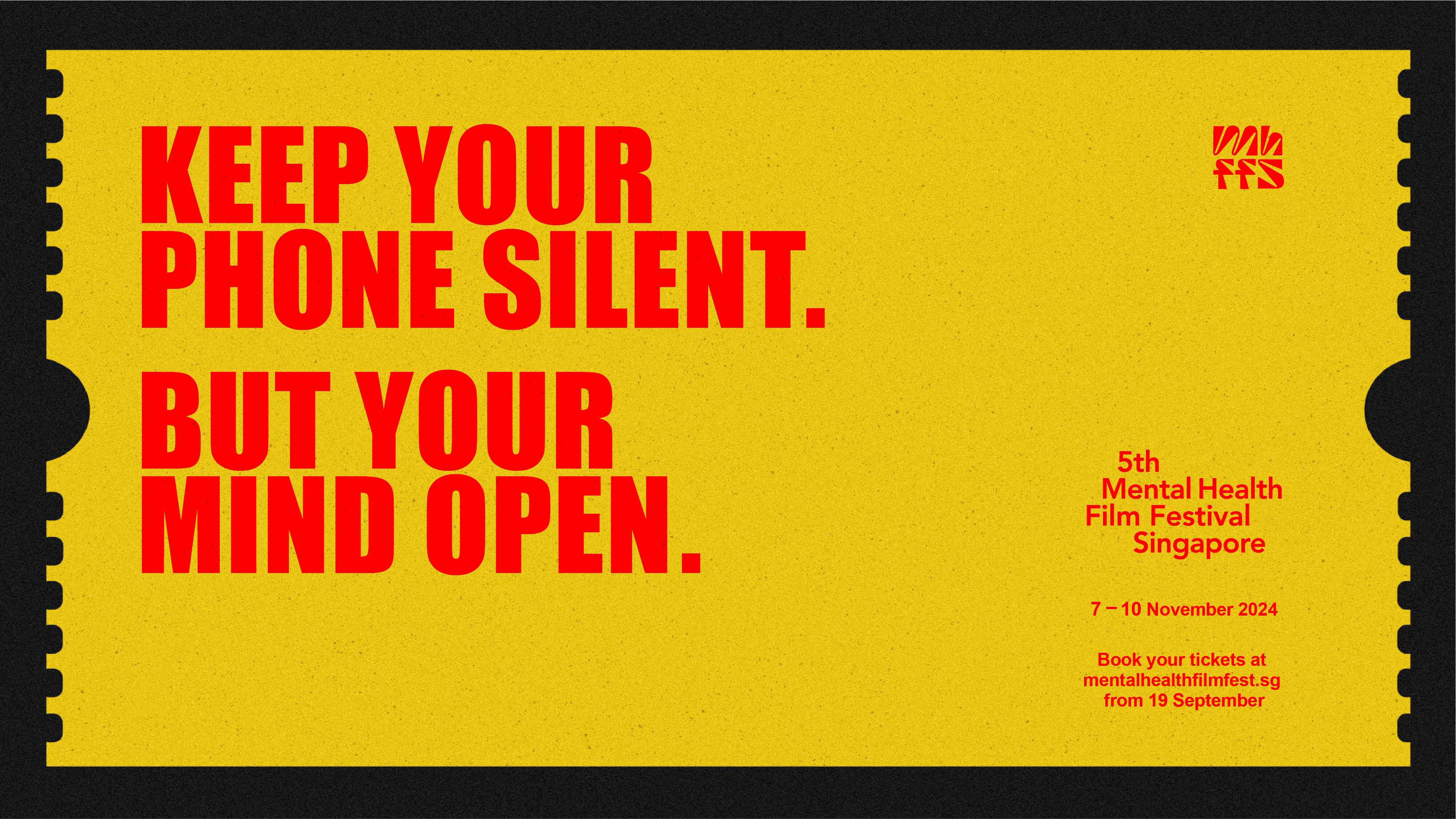For five years now, the Mental Health Film Festival Singapore (MHFFS) has been an important instrument in elevating awareness for mental health and well-being in Singapore. This year, films like “Lady!” by Tan Pei Lin, which navigates a caregiver-patient relationship, “A Bunch of Amateurs” by Kim Hopkins, which explores companionship in the digital age, and “Deep Sea” by Tian Xiaopeng, and animated film about childhood abandonment and depression, aim to immerse audiences in the unique experience of navigating mental challenges.
“From the complexities of caregiver burnout to the realities of dementia, MHFFS films and conversations allow people to see themselves, feel understood, and find hope,” shares Dr. Jade Kua, Chairperson of MHFFS. “Our goal is to encourage honest dialogue, foster understanding, and build a more compassionate community that embraces mental well-being for all.”
We speak to Dr. Kua and find out what the festival’s goals are for the year and how film can drive conversations and changes in the way we deal with mental health.
This year’s theme, “Building Bridges to Mental Well-being,” suggests fostering connections across different aspects of mental health. What key areas still need attention in terms of creating stronger support systems for mental well-being in Singapore?
While each individual’s journey with mental health challenges is unique, I’ve observed that shared experiences connect these stories, and therefore individuals, to the broader community.
The MHFFS brings diverse narratives to the screen, helping our audience uncover common threads. Themes like caregiver burnout, the search for community support, loneliness, and anxiety are among those explored this year. This edition highlights the complex nature of mental health, offering insight from both caregivers and those they support.
(Related: Men and Mental Health - A state of mind)
MHFFS has become a key platform for addressing mental health issues through film. What impact do you hope the films and panel discussions will have on the public’s understanding of mental health?
Films have the power to evoke emotions and foster empathy by showcasing the many ways mental health experiences unfold. Our aim is to deepen awareness and understanding of the multifaceted nature of mental health through these stories. By addressing challenges relevant to today’s society, we strive to resonate with various communities in Singapore.
Complementing the films, panel discussions and workshops led by professionals offer strategies to promote inclusivity and community support. These panels also provide confidential, safe spaces where participants can share their personal experiences, encouraging open dialogue and connection.
In what ways do you think younger filmmakers’ perspectives on mental health can challenge or enrich the existing conversations around mental health in Singapore?
This generation embraces inclusivity in all areas of life, actively challenging taboos and stigmas around mental health. We are witnessing a growing awareness and a collective push for well-being across all sectors of society. This movement has resonated across generations, from millennials to Gen Z and even Gen Alpha. Raised in an environment that values openness and acceptance, today’s young filmmakers are using their art to amplify this momentum, promoting transparency and further breaking down mental health stigmas.
One of the topics at this year’s festival includes caregiver burnout and dementia. Why do you think it’s important to focus on these issues, and how can the community better support affected individuals?
With young-onset dementia increasingly affecting Singaporeans in their early thirties, it’s essential to break the misconception that dementia is exclusive to the elderly. “Lady!” by award-winning filmmaker Tan Pei Lin captures the journey that envelops a caregiver and their loved one in their combat of dementia at an early age. Recognizing that each journey with mental health struggles is unique can make a meaningful difference. Tying into this year’s theme, connecting these stories fosters dialogue, encourages empathy, and paves the way for personalized solutions and mutual support.
As a healthcare professional and mental health advocate, how do you see the role of film in driving conversations and changes in mental health policies or societal attitudes in Singapore?
Films have the power to capture the nuances of mental health narratives, shedding light on the experiences of caregivers – whether partners, parents, children, or friends – who face the challenges of supporting loved ones battling mental illness. When one person is affected by a mental health condition, it impacts everyone around them. Through film, we can explore the perspectives of various individuals within the mental health community, emphasizing the importance of providing them with the support they need. These stories highlight the diversity within the mental health landscape and promote an inclusive approach to care.
The medium of film has always been centered around community, as people gather to collectively experience the same stories. By engaging audiences and enabling people to put themselves in the shoes of others, film has become vital for fostering empathy and breaking the silence in societal taboos.
















 Back
Back
